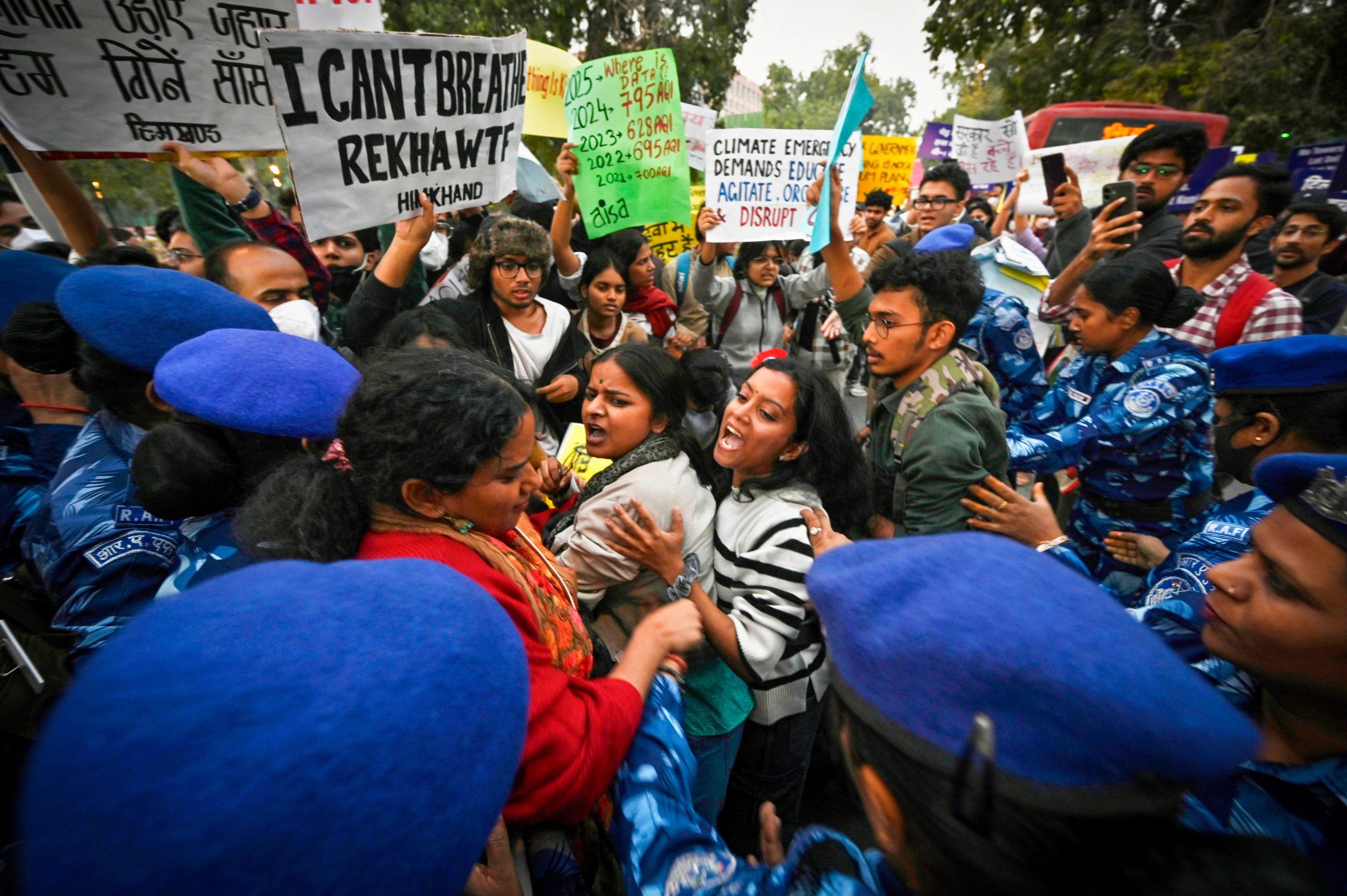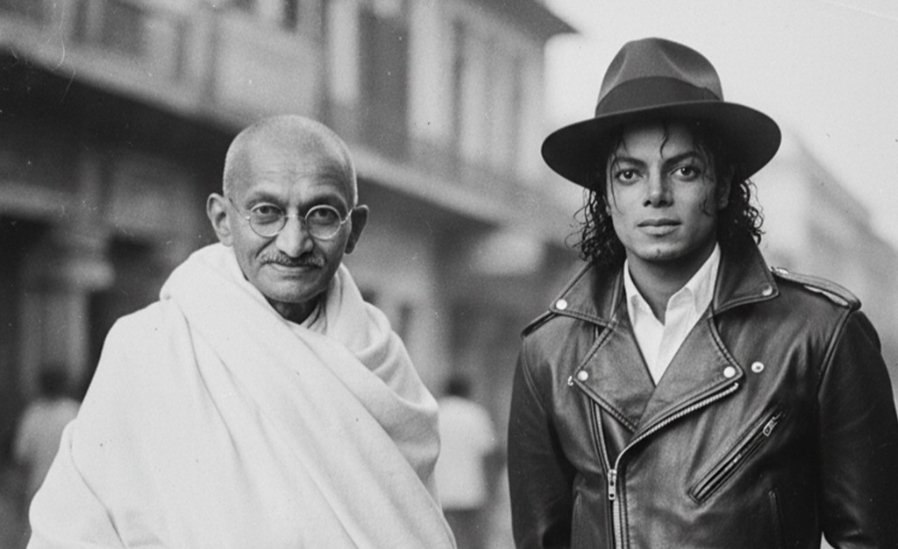A prominent Hong Kong newspaper has been criticised for self censorship by members of its staff. Journalists at the South China Morning Post have complained over coverage of the suspicious death of dissident Li Wangyang on 6 June. A number of emails between senior subeditor Alex Price to the newspaper’s editor Wang Xiangwei described staff concerns, as Price said that the minimal coverage of the death looked “a lot like self censorship”. Wang responded: “I don’t have to explain to you anything. I made the decision and I stand by it. If you don’t like it, you know what to do.”
NEWS
Support free expression for all
At Index on Censorship, we believe everyone deserves the right to speak freely, challenge power and share ideas without fear. In a world where governments tighten control and algorithms distort the truth, defending those rights is more urgent than ever.
But free speech is not free. Instead we rely on readers like you to keep our journalism independent, our advocacy sharp and our support for writers, artists and dissidents strong.
If you believe in a future where voices aren’t silenced, help us protect it.
At Index on Censorship, we believe everyone deserves the right to speak freely, challenge power and share ideas without fear. In a world where governments tighten control and algorithms distort the truth, defending those rights is more urgent than ever.
But free speech is not free. Instead we rely on readers like you to keep our journalism independent, our advocacy sharp and our support for writers, artists and dissidents strong.
If you believe in a future where voices aren’t silenced, help us protect it.
At Index on Censorship, we believe everyone deserves the right to speak freely, challenge power and share ideas without fear. In a world where governments tighten control and algorithms distort the truth, defending those rights is more urgent than ever.
But free speech is not free. Instead we rely on readers like you to keep our journalism independent, our advocacy sharp and our support for writers, artists and dissidents strong.
If you believe in a future where voices aren’t silenced, help us protect it.
At Index on Censorship, we believe everyone deserves the right to speak freely, challenge power and share ideas without fear. In a world where governments tighten control and algorithms distort the truth, defending those rights is more urgent than ever.
But free speech is not free. Instead we rely on readers like you to keep our journalism independent, our advocacy sharp and our support for writers, artists and dissidents strong.
If you believe in a future where voices aren’t silenced, help us protect it.
At Index on Censorship, we believe everyone deserves the right to speak freely, challenge power and share ideas without fear. In a world where governments tighten control and algorithms distort the truth, defending those rights is more urgent than ever.
But free speech is not free. Instead we rely on readers like you to keep our journalism independent, our advocacy sharp and our support for writers, artists and dissidents strong.
If you believe in a future where voices aren’t silenced, help us protect it.
READ MORE
-

We live beneath a dark roof: what it means to be an Afghan woman today
In this, the first of our Letters from Afghan Women, one writer believes she will stand, fight and build a brighter, more progressive Afghanistan
-

India’s police suppress pollution protests
Nearly 100 people detained after heavy-handed response to demonstration at India Gate
-

History is being written by the AI victors
Erasing inconvenient truths isn’t new but technology is making it so much easier
-

Is academic freedom at risk in the UK?
Funding and culture conformity is slowing eroding free expression in universities
